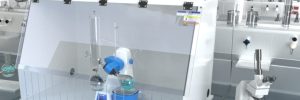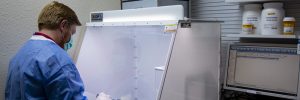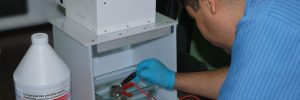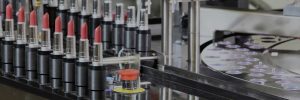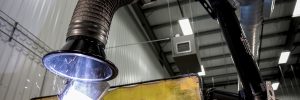
Are you looking for a helpful purchase that can satisfy year-end budget balances and add a safety benefit to your workplace? Industrial Engineering Respiratory Controls provide added safety with a quick turnaround to fulfill budget surpluses. Industrial Fume Control Systems not only help improve worker safety and morale but also help facilities be ready… Learn More

 Made in the USA
Made in the USA

